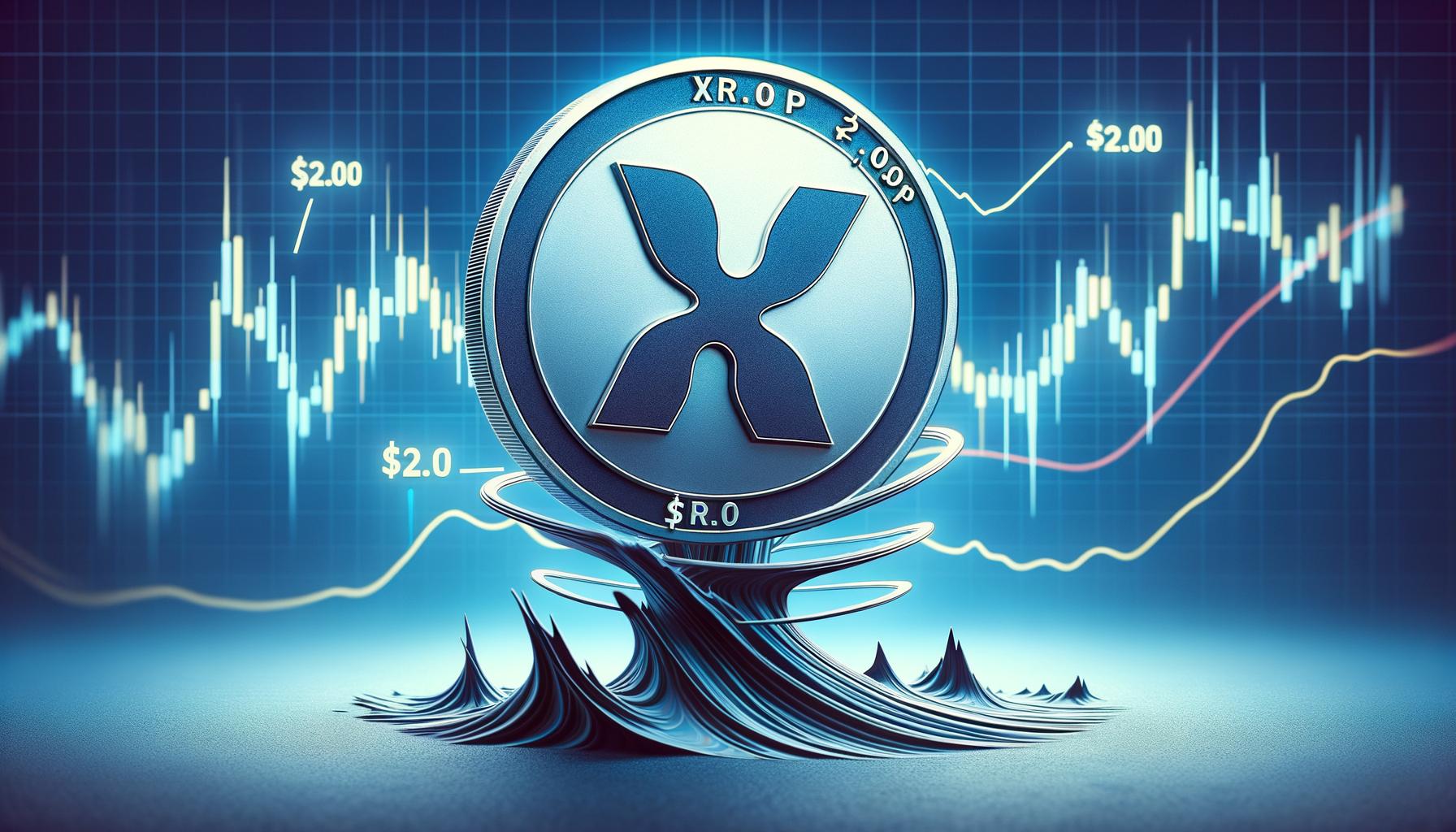
Tether Plans to Launch Distinct Stablecoin for the U.S. Even After Embracing the Genius Act, According to CEO.
Tether’s CEO, Paolo Ardoino, shared with Bloomberg on Friday that the organization is receptive to the idea of launching a distinct domestic stablecoin tailored for the U.S. market. This development coincides with ongoing efforts in the U.S. to advance stablecoin regulations through the Guiding and Establishing National Innovation for US Stablecoins Act (GENIUS Act).
Ardoino indicated that Tether, the creator of USDT, is becoming well-acquainted with the GENIUS Act and aims to adhere to its guidelines. Nonetheless, he emphasized that USDT’s primary focus will remain on emerging markets, where demand is notably high. He remarked on USDT’s significance, asserting that it serves as “the most utilized digital dollar in all emerging markets.”
Additionally, he mentioned that the timeline for a U.S. issued stablecoin from Tether is progressing and is “closer to the second half,” referring to upcoming developments.
The World Bank reports that approximately 1.4 billion adults are unbanked, primarily in emerging markets across Sub-Saharan Africa and certain regions in Asia. Ardoino highlighted Tether’s commitment to assist these individuals, who lack access to conventional financial services.
In emerging markets, users primarily adopt USDT for remittances and to safeguard their savings against local currency fluctuations. Ardoino stated that 37% of USDT users employ the stablecoin for savings, with Tether amassing over 420 million users in developing nations. He reiterated that the unbanked require a reliable financial solution, with USDT providing a digital representation of the U.S. dollar.
However, he pointed out that the U.S. has distinct requirements for stablecoins compared to emerging markets. While Tether acknowledges the relevance of stablecoins in the U.S., Ardoino argued that given the plethora of payment options in the country, USDT is better positioned to assist the unbanked population. He expressed that stablecoins in the U.S. wouldn’t primarily enhance monetary efficiency.
Consequently, Tether aims to introduce a domestically issued stablecoin designed to be competitive within the U.S. market. Ardoino explained that this domestic version will feature a “different feature set” compared to USDT.
Ardoino expressed Tether’s keen interest in observing how the U.S. government approaches stablecoin regulation. He noted the importance of understanding how the GENIUS Act differentiates between foreign and domestic issuers.
Tether is dedicated to ensuring USDT meets the standards established by the GENIUS Act, which Ardoino believes is preferable to Europe’s MiCA regulation. Tether’s primary concern with MiCA is its requirement for U.S. dollar-based stablecoins to maintain 60% of reserves as cash equivalents in European banks, which he considers problematic.
In contrast, the GENIUS Act mandates that stablecoin issuers maintain 100% of their reserves in cash equivalents, ideally U.S. treasuries, which Ardoino views positively.
He is optimistic about complying with the GENIUS Act, regardless of whether Tether operates as a foreign or domestic issuer. However, he underlined the importance of regulatory clarity for the U.S. version of Tether’s stablecoin to proceed effectively.
On May 19, the U.S. Senate took steps to advance discussion on the GENIUS Act. Subsequently, a vote to proceed occurred on May 21, setting the stage for a final vote expected following Congress’s Memorial Day break.



















Post Comment